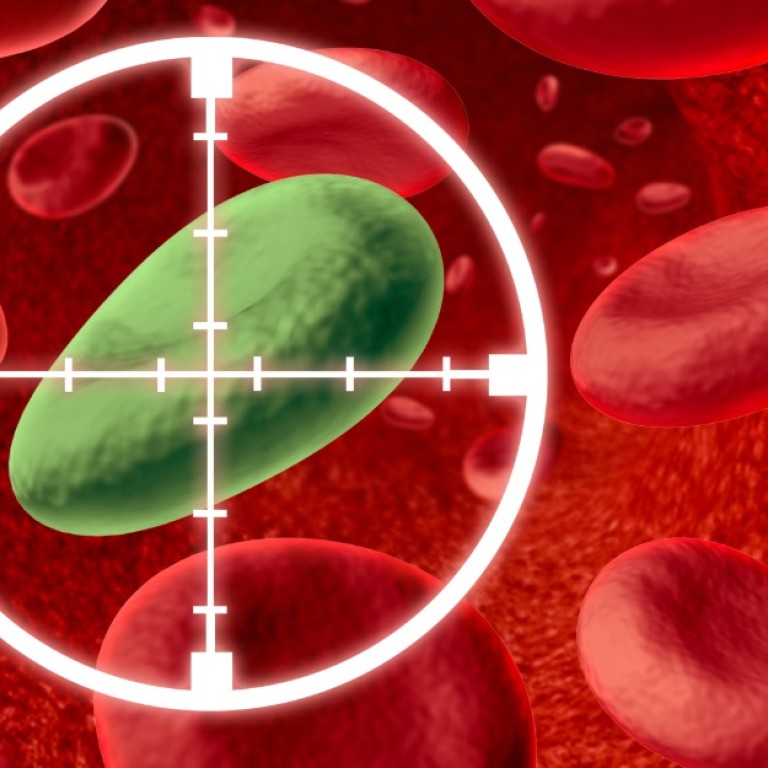
Cancer treatment developed in Guangzhou using natural virus shows promise
A medical research team in Guangzhou has successfully identified and tested a natural virus that could potentially be used to treat a variety of cancers.
The virus identified as M1 has characteristics that allow it to pinpoint and effectively damage cancer cells in a human liver, colorectum, and bladder without affecting normal cells, the research team from Zhangshan School of Medicine, Sun Yat-sen University has found.
The virus M1 used in the experiment was detracted from mosquitoes in southern province of Hainan back in 1960s. It is only known to be disseminated among horses and pigs.
The 30-member research team found the virus also worked well on melanoma, cerebral, and prostatic cancer cells based on observations of experiments on laboratory rats and external human cancer tissues.
Their study was published earlier this month in the , an influential US-based scientific journal that presents research papers on biology, physics, and social sciences from around the globe.
Diagrams of the study show the growth rate of cancer cells was significantly suppressed after exposing them to the M1 virus in the laboratory.
Pharmacology professor Yan Guangmei, who led the research, said he is confident about the results and called the breakthrough a “supplement and advancement of the existed cancer treatment”, the reported on Wednesday.
But it will still be years before clinical trials can be conducted to confirm results of the study, he added.
“We’ll seek to complete all research within three years before obtaining permissions [for] clinical trials,” he was cited as saying. “This is the soonest date [in which it] can undergo human trials under ideal circumstances.”
Cancer is a growing threat in China due to unhealthy lifestyles and a deteriorating environment. The official Cancer Registration Centre in 2012 estimated there were 3.5 million new cases reported each year, accounting for over 20 per cent of all cases reported worldwide. About 2.5 million people die from cancers per annum in the mainland.
Lung, gastric, and liver cancers are among the most common.

